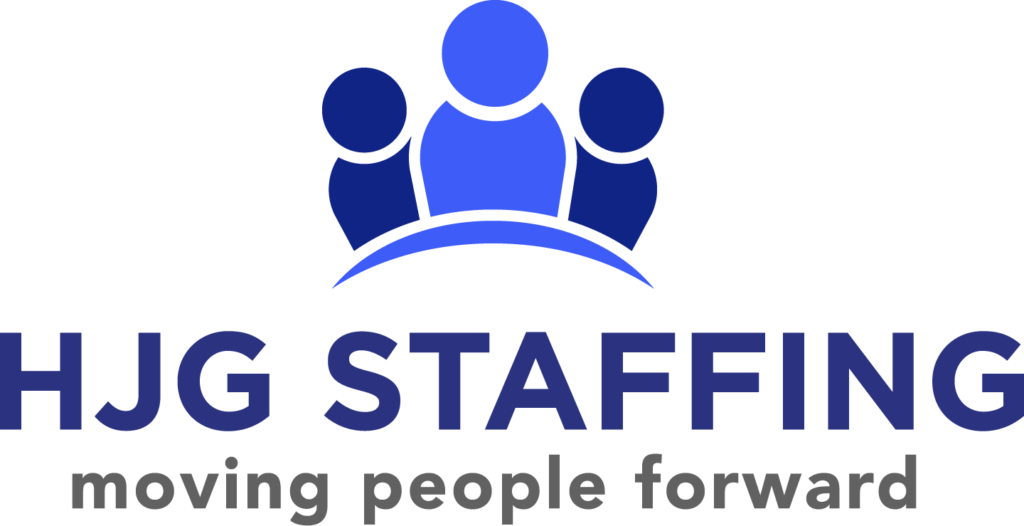According to the American Institute of Stress, “about 33 percent of people report feeling extreme stress, 77 percent of people experience stress that affects their physical health, 73 percent of people have stress that impacts their mental health, and 48 percent of people have trouble sleeping because of stress.” Unfortunately, these numbers are not surprising. We live in a culture that glorifies busyness, overworking and constant productivity. While working hard can be fulfilling, and meeting goals can improve mental health, there is a line between the positive outcomes and running ourselves into the ground. If you find yourself constantly stressing in any areas of your life, know that you’re not alone. But also know that stress can be reduced and managed, and today we will explore how to diminish stress by practicing the art of letting go.

First, let go of that which no longer serves you. This can be as simple as work apparel. If there are 10 work outfits total in your closet and you find yourself only gravitating to 5, donate or repurpose the others. Physical clutter can add complications to our lives. With more simplified choices in front of us, we can spend less time on superfluous items that don’t serve us anymore. Another example could be your email inbox. Maybe you had genuine intentions when you signed up for industry newsletters or current events, but you don’t have time for all of them. Take a moment to unsubscribe from those articles or newsletters that you don’t read.

Letting go of the mental pressure to “one day” get to certain tasks or activities can clear up mental space, allowing you to use that energy where it truly benefits your life. “I buy a lot of books to help increase my work knowledge,” says Jenny, a financial consultant. “But between all the articles, webinars and books I commit to, it’s overwhelming and takes up space in my mind.” So, instead of forcing herself to read every single book, she decided to donate the books that have been on her shelf for over a year.
Next, practice mindfulness. Mindfulness is a technique in many mental health practices and philosophies, especially eastern philosophies. By living in the present moment, we direct our attention to now, instead of filling our minds with past or future events. Mindfulness does not mean that you can’t plan or have future goals. Part of being present can look like filling your planner with deadlines, goals, etc. This allows you to check in with your goals and plans when needed, while giving you the freedom to stay present on current tasks.

According to Disturb Me Not, meditation improves anxiety levels 60% of the time. When we live in the present moment, we simultaneously let go of the thoughts that do not serve us in that moment. It’s okay and natural when other thoughts arise, but the more we can observe the patterns of our minds, the more we can let those thoughts drift by and focus on the present. There are many apps, videos, books, and articles with mindfulness techniques; many are free!
Next, try to let go of comparison. There is a famous saying that goes, “Comparison is the thief of joy.” This is usually true. It’s easy to look around and compare our lives with others, especially during a time where anything can be shared on social media. We see the lives of others progressing and appearing to be fabulous, while we may not always feel that way about our own. Firstly, it’s important to remember that social media often highlights a fleeting moment of someone else’s life, and we truly don’t know what else is happening beneath the surface. Setting social media aside, it’s important to remember we all have an individual path and journey. “Sometimes I find myself feeling like my peers are ahead of me in every way,” says Jake, a retail manager. “But when I do that, I forget that I’m happy in my life and have my own goals that I’m actively working toward.”

It can be hard to focus on ourselves when it seems like we constantly see or hear about what everyone else is doing. It’s important to remember that your path is your own, your story is your own, and comparing yourself to anyone else in a negative manner will not be productive. If you find yourself in a comparative headspace, you can try directing your attention to the present, writing a list of your own successes/ why you’re proud of yourself, or gently reminding yourself that you’re doing your best.
Finally, try to remember to stretch our body. Many of us hold tension and stress in our muscles, especially our necks, shoulders, and backs. Stretching actively releases tension and keeps our bodies healthy. In fact, stretching even increases blood flow, which has numerous physical benefits. Many of us sit at computers or remain in one position for hours. Even five minutes of gentle stretching can yield positive results. It is also an active way to practice self-care, by intentionally taking time out of your day to check in with your body. According to Colorado State University, stretching can increase serotonin, the hormone that promotes feelings of stability and happiness. Plus, the great thing about stretching is that we can practice it at our desks!

Letting go is not always easy. There is usually not only physical clutter in life, but also mental and emotional clutter that can weigh us down and affect us daily. While it’s not always easy to let go of the stress and overwhelm of life, we can actively participate in easing our minds and bodies. Taking inventory of our physical and mental stressors, while practicing presence can make a world of difference, and even make us feel like the world has been lifted off our shoulders.



